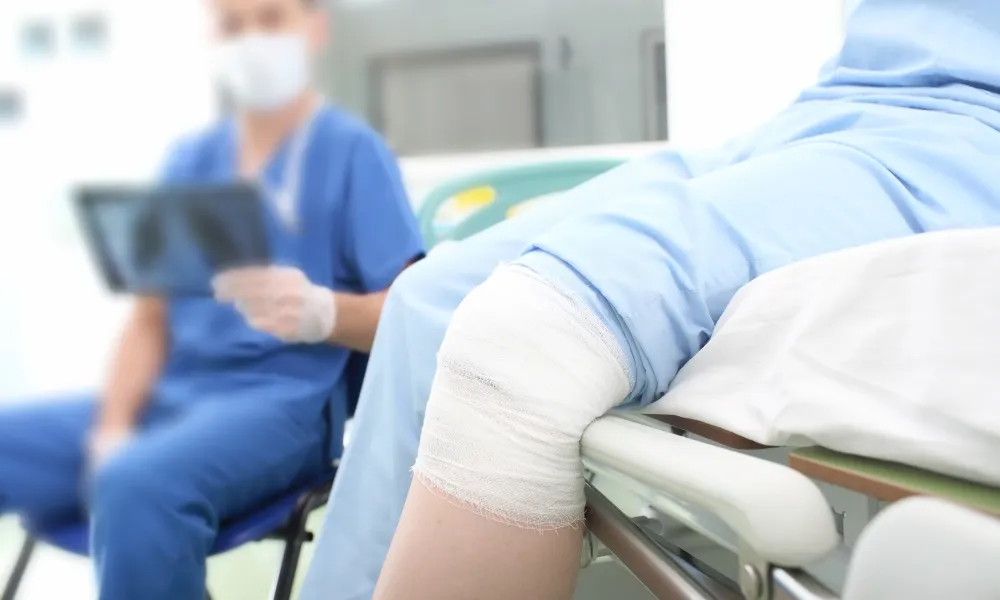Once you
decide with your surgeon/care team to proceed with joint replacement surgery,
some questions will be asked to obtain an overview of your medical status.
- We will
review your medications and allergies to medications, particularly allergies to
antibiotics.
- We will ask about past and current medical conditions to make sure
they are optimized.
Opportunities for optimization include: (1) Your weight (BMI should be less than 40) to decrease the risks of surgery; (2) If you have diabetes, we want to make sure your A1c is less than 8, indicating reasonable control of your blood sugar; (3) If you have high blood pressure, we want to make sure your medications are working, and your BP is under control; (4) We discuss any current or past heart/lung/kidney issues that may require a consult with the appropriate medical specialist; (5) The use of blood thinners for a variety of conditions is now more common and these will need to be stopped at the appropriate time. (6) The use of the newer drugs for rheumatoid arthritis / psoriasis among other conditions will be stopped before surgery; (7) A history of previous surgical infections will be reviewed with strategies to minimize the risks; (8) For men, we will assess issues around urination.
Once we review your unique medical picture, we will develop a plan to optimize you prior to surgery.
There are some hard
stops for surgery: specifically smoking or the use of nicotine products. These will
need to be stopped at least 6 weeks prior to surgery with testing performed to
confirm cessation.
With optimization of these various parameters, it is time to
make plans for care after surgery. Patients will go home the day of surgery or,
if indicated, the following day. Your coach/guide will drive you to our surgery
center or hospital. After surgery, a physical therapist will evaluate you and
clear you for discharge. Your post-op medications will be prescribed and filled.
Your coach will pick you up and drive you home. Recovery is underway.
If you had a knee replacement, we will have recommended you obtain an ice machine or gel packs to facilitate cooling therapy which aids with pain relief and controls swelling. You will be walking weight bearing as tolerated with your walker to avoid falling. You will perform your post-op exercises and resume a normal diet. Each day you will increase your activity. Working together, we strive to maximize your outcome.

